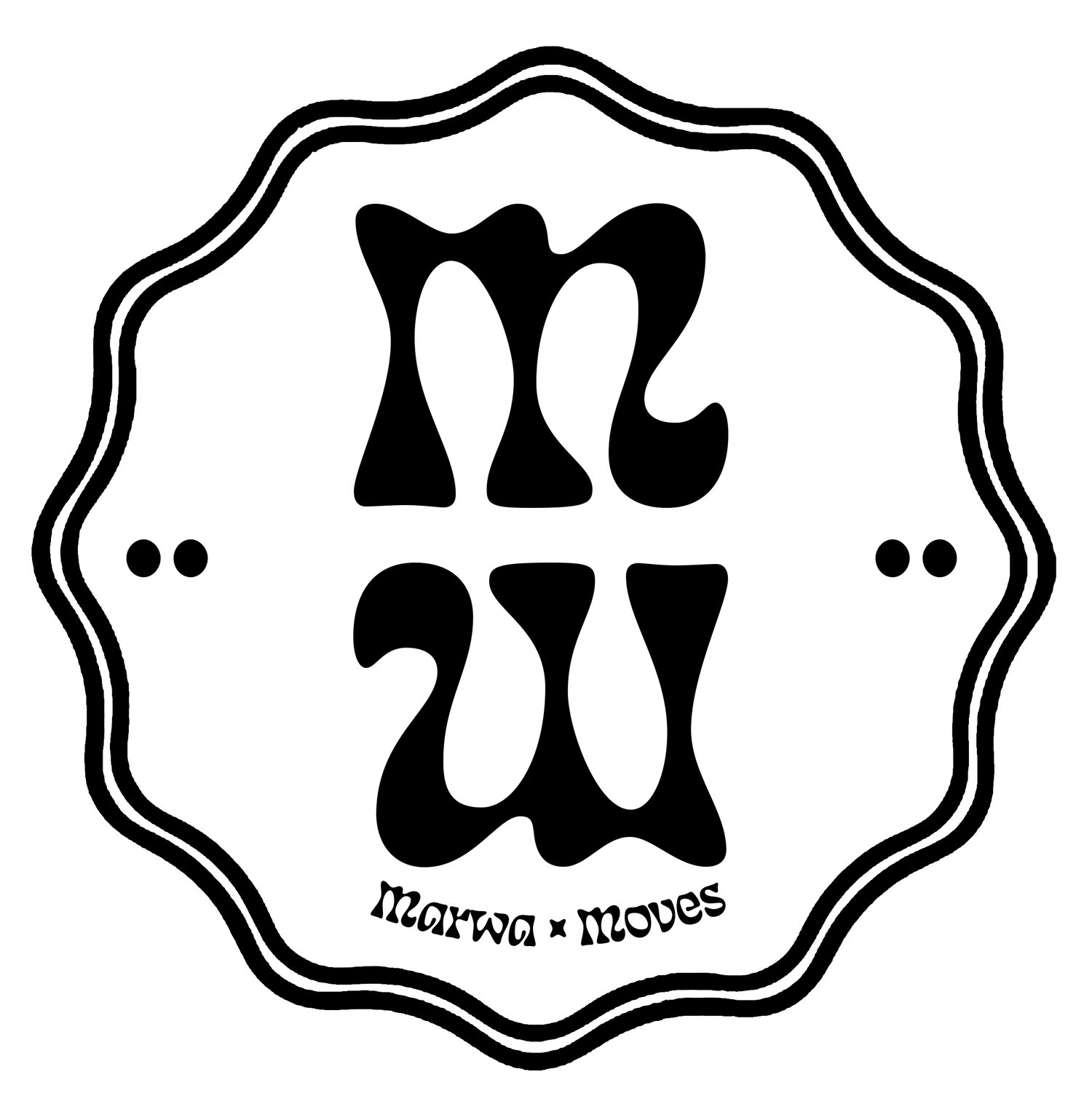01: ISLAM HELPED ME EXPLORE MY QUEER IDENTITY
The start of June commemorated the end of Ramadan and celebration of Eid Al-Iftar for Muslims, and the beginning of Pride month for the queer community. As a member of both of these communities this year’s intersection of celebrations has reignited a familiar internal tension. As I step into a more holistic understanding of myself, I yearn to hold the different intersections of my identity in congruence rather in opposition. I no longer have the capacity nor space to appease respectability politics that have policed the way I present my body, sexuality, and everything in between.
For years I assumed I had to choose between identities that were presented as irrevocably polar. I juggled a double-life born out of fear that expressing my most authentic desires was inherently sinful. The Islam I was indoctrinated into prescribed a rigid, punitive patriarchy that left little room for creativity. But my curiosity got the best of me and I could not help but question, why?
At its core Islam is a kind religion that seeks to expand our understanding of peace and see the humanity in others. Queerness works to dismantle prescribed, performative guises of the binary and embrace honest connection. After stripping layers of scripted dogma, within the institutional memories of Islam and heteronormativity, it appeared the two had a lot more in common. I felt like an excavator digging to find a shared truth I felt was inevitable. And I was right. In their most simplified forms, both aim to liberate us from rigid structures of white conformity. Unlearning previous indoctrination through years of therapy, intentional reflections, and supportive relationships has provided an invaluable liberation that has allowed me to embrace the full spectrum of my queerness.
My Islam taught me a deep forgiveness that starts with myself and extends boundless from a reservoir of compassion. Islam grounds and guides my value system and my respect for its faith knows no end. My queerness has gifted me an acceptance of my body and all bodies that are regularly vilified, marginalized, and killed. From a place of curiosity rather than judgement I have experienced levels of desire and love that exceed the imagination. But before I could embrace the gifts these identities had to offer, I had to let go of previous expectations of who I should be and embrace an agency and courage to align my external life with my internal landscape. This is not an easy journey. It is complex and loud and non-linear. However, along the way I found parts of myself long hidden or forgotten, and the transition of coming into myself and my body has filled my life with an immeasurable abundance.
It is not lost on me that as a young femme woman living in New York City, who is neither visibly Muslim nor queer, I have certain privileges that allow me to proudly wear these identities side by side while ensuring the safety of my body, liberty, and livelihood. But, no matter what part of your journey you find yourself, I want my fellow queer Muslims to know that you are not alone. Expressions of your faith and sexuality will take on infinite forms, for different people and at different times in their lives. There is no right or wrong way to be, and as we say in Arabic, ultimately it is fated, “maktoob”.
